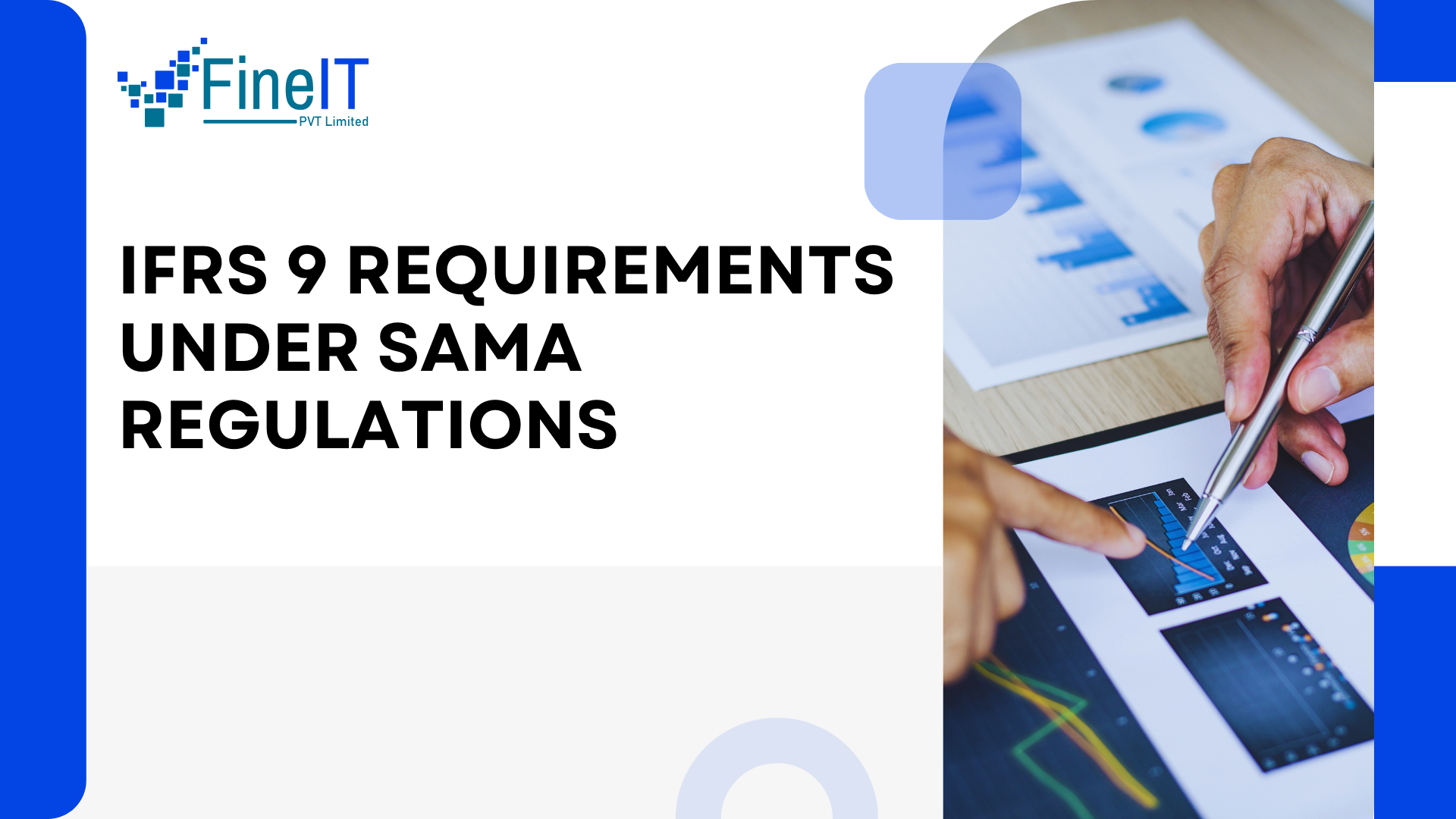The Saudi Central Bank (SAMA) has made it a rule that all banks and financial companies in Saudi Arabia must follow IFRS 9. This rule started on January 1, 2018. IFRS 9 is a global accounting standard made to help banks show their true financial position.
What is IFRS 9?
IFRS 9 stands for International Financial Reporting Standard 9. It tells banks how to:
- Record money they lend.
- Show losses from loans.
- Keep track of financial tools like bonds and investments.
The biggest change from old rules is that IFRS 9 Saudi Bank uses the Expected Credit Loss (ECL) model. This means banks must predict losses early instead of waiting until a customer fails to pay.
Key Requirements Under SAMA Regulations
Expected Credit Loss (ECL) Model
Banks must check all loans and credit accounts.
They must estimate possible losses before problems happen.
This helps protect the banking system from sudden shocks.
Loan Staging
SAMA requires banks to group loans into three “stages”:
Stage 1: New loans or loans with no risk. Losses predicted for the next 12 months.
- Stage 2: Loans with higher risk. Banks must predict losses for the whole life of the loan.
- Stage 3: Loans already in default. Losses recorded immediately.
Governance and Controls
Banks must build strong systems to check risk.
- Management must approve and review ECL models.
- External auditors also check if banks follow IFRS 9 correctly.
Disclosures
Banks must explain in their reports how they measure risks.
- They must show how changes in the economy affect credit loss.
- This makes financial reports more transparent and helps investors trust the system.
Why Did SAMA Enforce IFRS 9?
SAMA’s goal is to make sure:
- Banks stay safe and stable.
- Customers’ money is protected.
- The financial system can handle global challenges.
By using IFRS 9, Saudi Arabia’s banking system is now closer to international best practice.
Conclusion
IFRS 9 under SAMA regulations makes banks in Saudi Arabia more careful and forward-looking. By predicting losses early, grouping loans into stages, and being open in reports, the system becomes safer and stronger.
Muzammal Rahim Khan is the CEO and Co-Founder of FineIT, bringing over 15 years of expertise in software development, implementation, and technical consulting across global markets including the U.S., U.K., Europe, Africa, and Asia. He has led the design and delivery of enterprise-grade solutions that modernize compliance, risk management, and financial reporting for banks and financial institutions. Under his leadership, FineIT has built flagship platforms such as Estimator9 (IFRS 9) and ContractHive (IFRS 16), empowering clients with automation, accuracy, and audit-ready confidence. Muzammal combines deep technical knowledge with strategic vision, driving innovation that bridges regulatory requirements with practical, scalable technology. His focus remains on building resilient, future-ready solutions that strengthen trust and efficiency in financial services.
